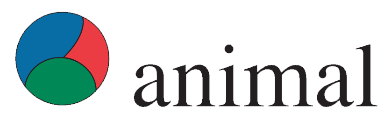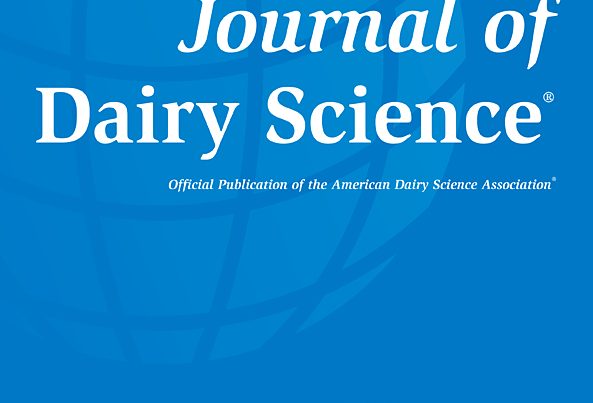Document type: scientific article published in Animal
Authors: S. Gavaud, K. Haurogné, A. Buchet, I. Garcia Vinado, M. Allard, A. Lehébel, M. Leblanc-Maridor, J.M. Bach, C. Belloc, B. Lieubeau, J. Hervé
Preview: Nowadays, most pigs are raised indoors, on intensive farms providing a poor environment. In these conditions, the risk of the occurrence of damaging behaviours is high, with dramatic consequences for animal health and welfare as well as economic losses for farmers. Early-life conditions may predispose individuals to develop damaging behaviours later in life. In contrast, reinforcing affiliative behaviours between piglets before weaning might help to prevent tail biting episodes. In this field study, we aimed at improving early-life conditions of piglets on a commercial farm by completely suppressing painful procedures and staggering their exposure to weaning stress factors. The alternative early-life management strategy combined housing in free-farrowing pens with temporary crating of the sow, socialisation during the lactation period with whole-life maintenance of the hierarchical groups, and delayed transfer to the post-weaning room after sow removal. Control conditions included birth in farrowing crates, tail docking, absence of socialisation during the lactation period, and abrupt weaning with immediate transfer to the post-weaning room and mixing with non-littermates. We evaluated the health, welfare, and performance of alternatively-raised pigs (n=80) as compared to controls (n=75). Visits were made through the lifespan of individuals to evaluate their growth and health status. Body and tail lesions were scored as proxy measures of aggressiveness and impaired welfare. Blood and bristle samples were periodically collected to evaluate stress, inflammation and immune competence. While the whole-life performance of pigs was similar among groups, the alternative early-life conditions prevented the growth slowdown usually observed after weaning. In addition, alternatively-raised pigs displayed more neutrophils, eosinophils and monocytes the day after weaning, as well as higher C-Reactive Protein levels. One week later, their monocytes displayed greater phagocytic capacity. Altogether, these data suggest an enhanced innate immune competence for alternatively-raised pigs around weaning. Piglets reared under alternative conditions also exhibited fewer and less severe body lesions than standard pigs, one week after weaning. In contrast, they showed more tail lesions on days 36 and 66 associated with greater levels of acute phase proteins (C-Reactive Protein and haptoglobin). To conclude, alternative early-life management better prepared piglets for weaning. However, the whole-life maintenance of early-established social groups was not sufficient to prevent the occurrence of damaging behaviours in undocked pigs.




